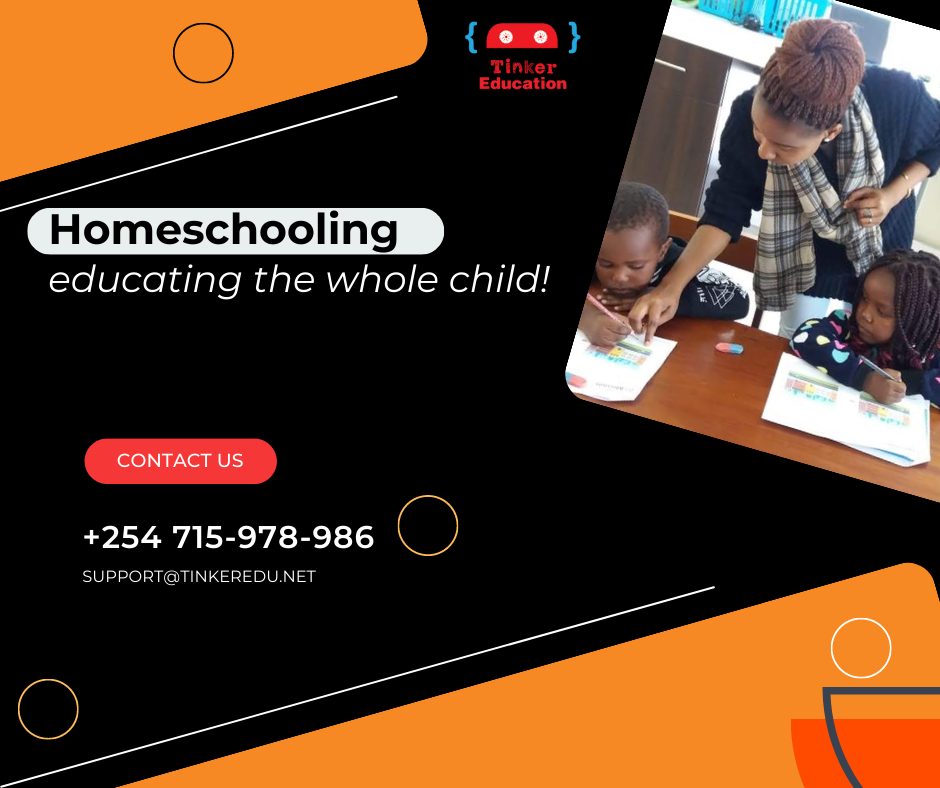Introduction:
Homeschooling offers families the flexibility and freedom to choose an educational approach that best suits their children’s needs. With a wide range of homeschooling methods available, it’s important for parents to understand the various approaches and choose the one that aligns with their educational goals. In this blog post, we will explore different homeschooling methods to provide insights and options for parents considering or already engaged in homeschooling.
1. Traditional/Structured Homeschooling:
Traditional homeschooling follows a structured curriculum similar to what is typically taught in traditional schools. Parents use textbooks, workbooks, and other educational resources to teach subjects like math, science, history, and language arts. This method provides a familiar academic structure and allows parents to monitor progress easily.
2. Classical Education:
The classical education method is based on the trivium, a three-stage approach to learning: grammar, logic, and rhetoric. The grammar stage focuses on basic facts and knowledge acquisition, the logic stage emphasizes critical thinking and reasoning skills, and the rhetoric stage emphasizes effective communication and persuasive writing. This method emphasizes the study of classical literature, Latin, and logic.
3. Montessori Method:
The Montessori method encourages child-led learning and hands-on exploration. It emphasizes independence, self-discipline, and individualized learning. Montessori materials and activities are designed to promote sensory experiences and develop practical life skills. This method often involves multi-age classrooms and a prepared environment that fosters curiosity and self-motivation.
4. Unit Studies:
Unit studies integrate multiple subjects around a central theme or topic. Instead of studying subjects in isolation, students explore a specific topic comprehensively, incorporating various subjects such as history, science, literature, and art. This method allows for a holistic understanding of a subject and encourages interdisciplinary connections.
5. Unschooling:
Unschooling is a child-directed approach that focuses on the child’s interests, passions, and natural curiosity. Instead of following a structured curriculum, unschoolers learn through real-life experiences, self-directed exploration, and pursuing individual passions. This method emphasizes the importance of intrinsic motivation and the belief that learning happens naturally when children are given the freedom to explore their interests.
6. Charlotte Mason Method:
The Charlotte Mason method emphasizes living books, nature study, and character development. It encourages a literature-based education, with an emphasis on narration, hands-on experiences, and outdoor exploration. This method aims to cultivate a love for learning, appreciation for beauty, and moral character in students.
7. Online and Distance Learning:
With advancements in technology, online and distance learning have become popular options for homeschooling. Various online platforms offer comprehensive curricula, virtual classes, and interactive resources. This method provides flexibility, access to specialized courses, and the ability to connect with virtual communities of learners.
Conclusion:
Choosing the right homeschooling method is crucial for creating an effective and enjoyable learning environment for your children. The various homeschooling methods available cater to different learning styles, preferences, and educational philosophies. By understanding these methods, parents can tailor their homeschooling approach to suit their children’s unique needs, interests, and goals. Remember, there is no one-size-fits-all method, and it’s important to be flexible and adapt as your children grow and develop.



Leave A Comment